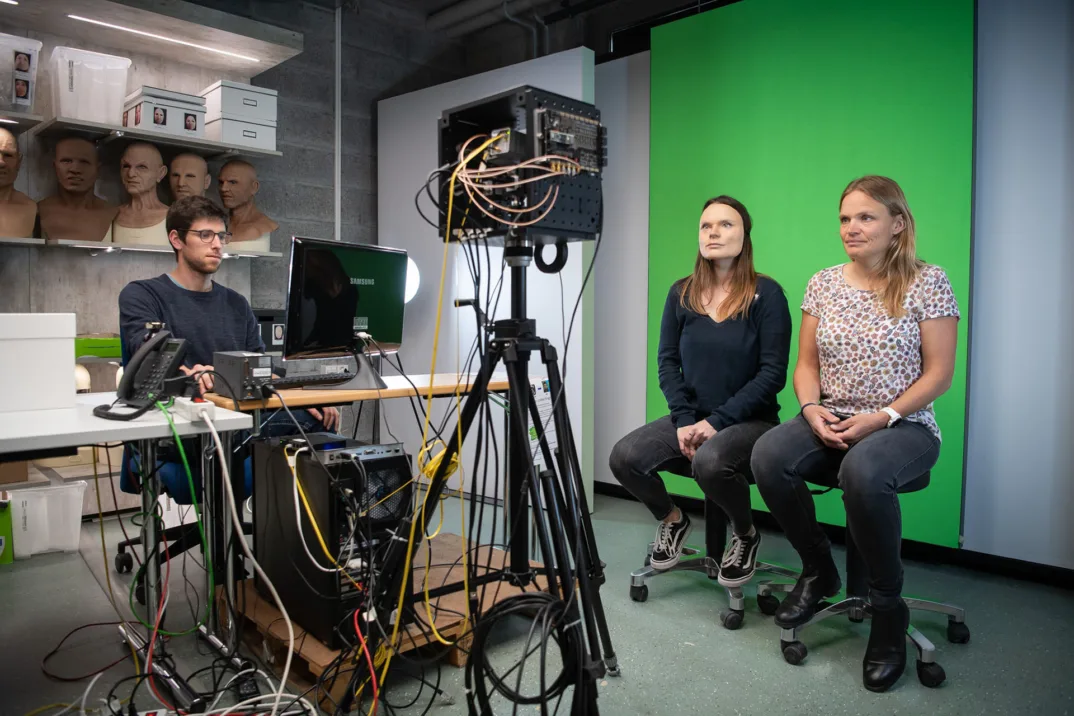Digitalisation in education, research and innovation
Swiss education, research and innovation policy is faced with formidable challenges affecting all areas. One of these is digitalisation. Here is a brief overview of the relevant activities of ERI stakeholders.

Digitalisation results in significant changes in society that bring with them just as many opportunities as challenges. In particular, skills are needed in education and research in order to overcome challenges and make the most of opportunities. With its permeable education system, productive economy and well-functioning innovation landscape, Switzerland is well-positioned to successfully tackle these challenges. All ERI stakeholders are focused on the digital transformation and have taken numerous initiatives and measures that are directly and indirectly supported by the federal government. Below is a selection of activities pursued in support of digitalisation.
Activities relating to research and innovation:
Innosuisse – ‘Smart Hospital’, ‘Blockchain Nation Switzerland’, ‘Robotics’
Innosuisse, the Swiss Innovation Agency, supports initiatives in areas that are relevant today or in the future, such as digital technologies in healthcare, blockchain or robotics.

Activities relating to higher education:
ETH: Cybersecurity and AI
The ETH AI Center has built a reputation for research and innovation in the field of AI. In an increasingly digital world, the topic of security has also shifted online. ETH Zurich and EPF Lausanne jointly operate a research and support centre for cyber security and offer a Master's degree in cyber security.

swissuniversities
With the programme ‘Stärkung von Digital Skills in der Lehre’ (in German) the funding received during the 2021-2024 funding period has been used to support university teaching development projects, with special emphasis being placed on the acquisition of digital skills. During the 2025-2028 funding period (in German), support will likely be given to projects relating to 'Open Education and Digital Competencies'.
Activities relating to the VPET system:
D-VET Hub
The Digital Vocation, Education and Training Hub (D-VET) at the Federal Institute of Technology Lausanne (EPFL) conducts research on the digitalisation of vocational education and training. Innovative models and algorithms such as machine learning enable the development of highly personalised learning tools. This project is funded by SERI and research findings will be transferred to VET stakeholders.

Activities relating to continuing education:
Einfach besser! … am Arbeitsplatz
The programme ‘Einfach besser! ...am Arbeitsplatz’ (in German) helps employers to guide their employees into the digital world. Federal and cantonal support is given to companies that organise basic skills training at the workplace: Reading, writing, arithmetic, computer skills and language proficiency.

This list is not exhaustive. More information on digitalisation activities in the ERI sector can be found here (PDF).
Cross-cutting themes
On 8 March 2024, the Federal Council submitted the ERI Dispatch for 2025-2028 to the Swiss Parliament. The aim of its ERI policy is to ensure that Switzerland remains an international leader in education, research and innovation. To achieve this, the Federal Council plans to commit up to CHF 29.2 billion in funding. There are four overarching themes that are relevant to all funding areas:
- Digitalisation
- Sustainable development
- Equal opportunities
- National and international cooperation
It is possible for there to be interactions and overlaps between the four themes. For example, digitalisation leads to innovative developments that improve efficiency. At the same time, digitalisation should be sustainably encouraged in the interests of the environment, society and democracy.
Contact
Author



